The silver lining of the pandemic: online teaching
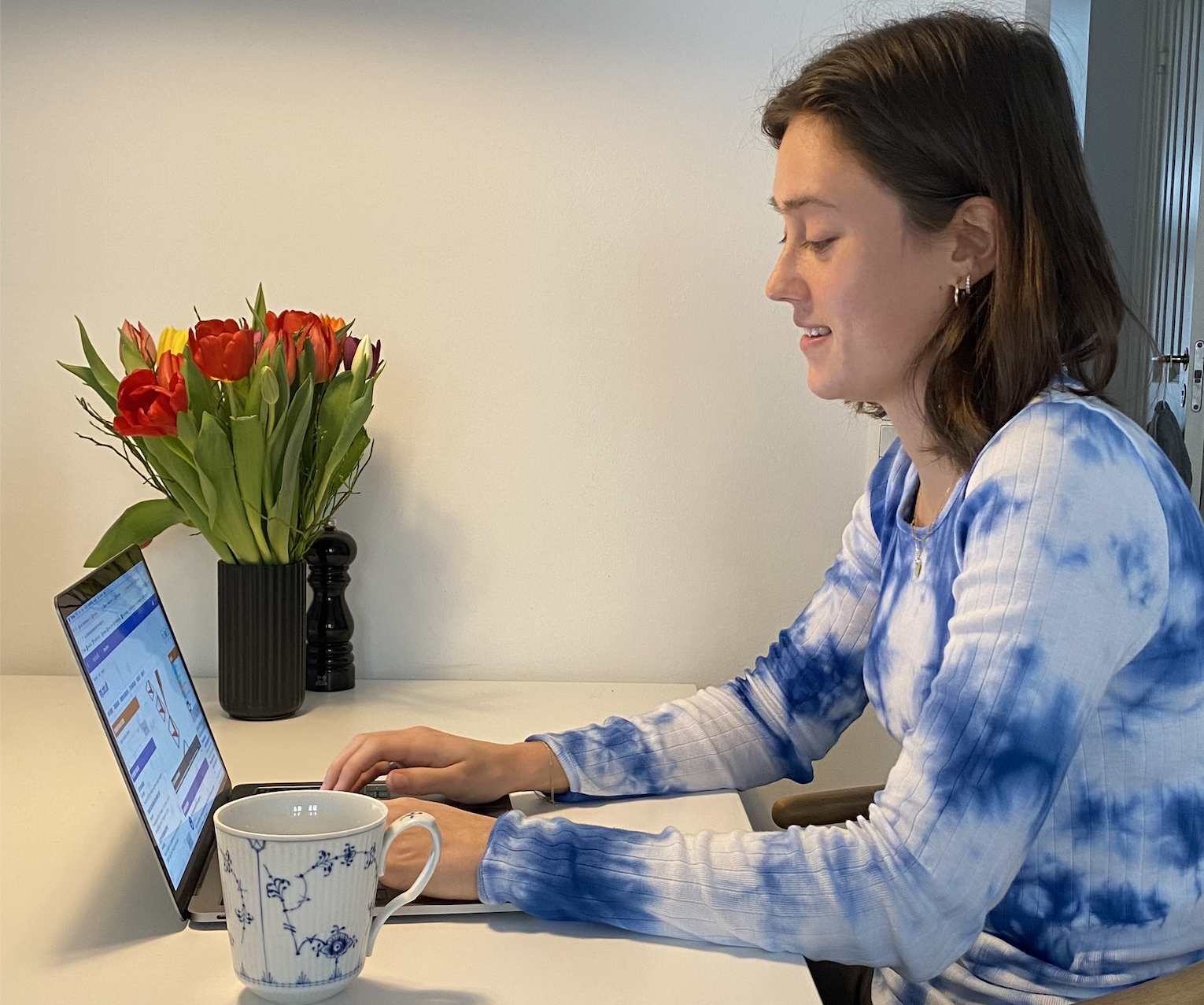
(Photo: Frederikke Viltoft Mygind)
I do not believe the current COVID pandemic has brought much good with it but as Winston Churchill once said: “Never let a good crisis go to waste”.
I think that the current times have forced us all to, at least to some extent, rethink our way of working and studying. Most people would answer that time is one of the scarcest resources we have but all of a sudden, we are all somehow given a little more of that by taking away the commute to work/school, cutting out unnecessary meetings, and focusing on what can be done from home.
I believe the last year has shown us that the silver lining of the pandemic has been the international increase in the flexibility of time management and location. We have seen CEOs working from home by adapting to the context of today and making everything work to the best of their abilities. But what about the CEOs of tomorrow? Are there any perks or benefits of online teaching that have revolutionized the old in-person teaching? Or is it more of a period in time where we all need to clench our teeth and get through it?
Firstly, I believe online teaching has allowed us all to rethink how we spend our time.
You don’t have to wake up at 7AM and sit in a lecture hall at 8 AM just to feel like you made an effort. This energy can now be preserved and used to actually listen and pay attention to what is going on in the lecture.
Of course, all this online teaching has put a lot of pressure on our technology and every day I say a small prayer for my only 2.5-year-old computer when I hear it puffing and blowing through yet another Zoom call. This technology is also what has allowed society and our daily structure to stay remotely close to normal and to actually facilitate communication and digital interaction to an extent that I did not know was possible before the pandemic.
Secondly, the fact that lectures are now taped and that you can rewatch them makes a world of difference.
I, of course, always try my best to listen and pay attention in lectures but sometimes things just won’t stick. This is where I really think the recording is revolutionary, though it should not be an excuse to not listen the first time.
Yet just the fact that you know you can go back at re-watch it also makes me more confident when there is a detail or concept that I don’t fully understand. I have found this to have a high academic value in the lectures because you can now exit the recording knowing that you have listened to every word and that there is, at least, less lost in translation or mumbling.
Of course, online teaching also involves plenty of shortcomings like the absurd dependency on a stable and fast internet connection
Frederikke Viltoft Mygind
Thirdly, the increased flexibility has allowed students to watch the lectures and do the work when, within a time frame, of course, you are actually in the right mindset to do so.
I believe this does away with the old debate of how to structure a school day to fit everyone’s needs and habits. Now the educational system is not tailored to one specific circadian rhythm, but it does require more discipline from us as students. It has, at least in a Danish university setting, always required a lot of flexibility in terms of how to structure most of the schoolwork but now the one rigid part is also flexible.
I like this flexibility and how I can do my schoolwork when it suits me. It also makes studying according to your learning style more accessible than ever. However, I know this is not a ‘perk’ for everyone. For some people, this becomes an unstoppable way of accumulating unwatched lectures until it might become a mountain too steep to climb. I don’t think there is necessarily a way to solve this within the Danish education system, as participation is not graded, which I otherwise think could do away with this trend.
Of course, online teaching also involves plenty of shortcomings, like the severe lack of social interaction, the absurd dependency on a stable and fast internet connection, and the feeling of actually being alone but with other people on a screen all the time, which leaves the room utterly silent when you close the screen.
I recognize all of these but at a time when there is not much else to do than to accept, follow regulation and wait for brighter days. I believe it is better to focus on the positive side of all of this. Let’s all hope that 2021 will bring more than one hour of sunlight per month, long-lasting effective vaccines, and plenty of hugs for everyone – because I think we all really need that.



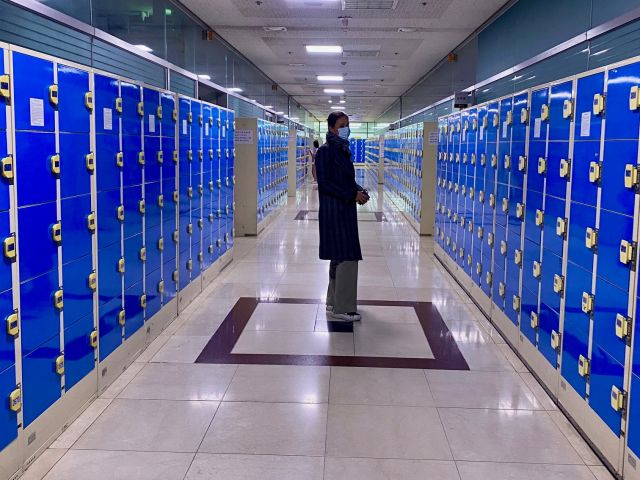
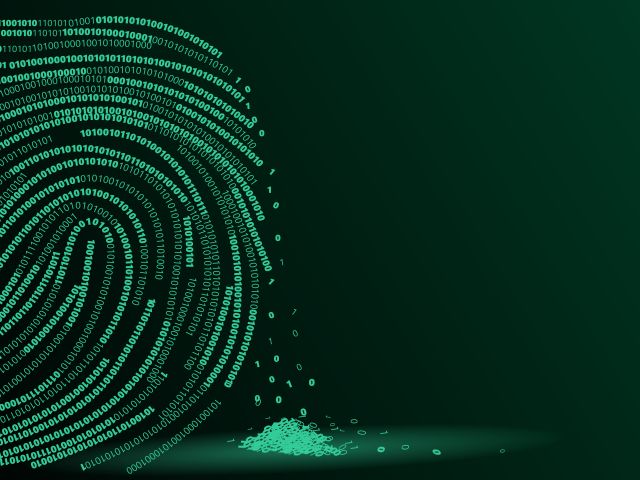
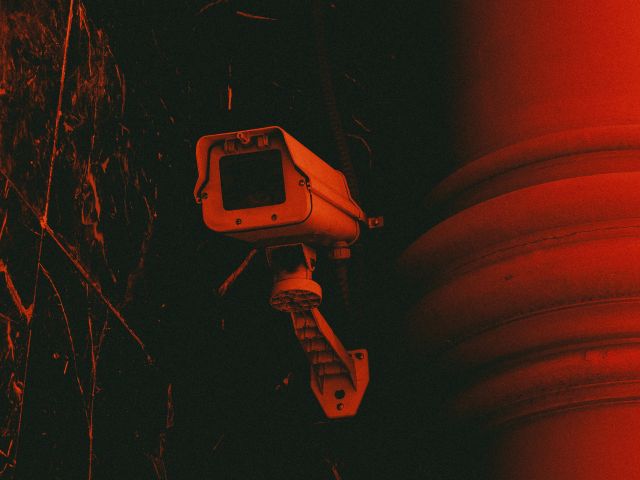

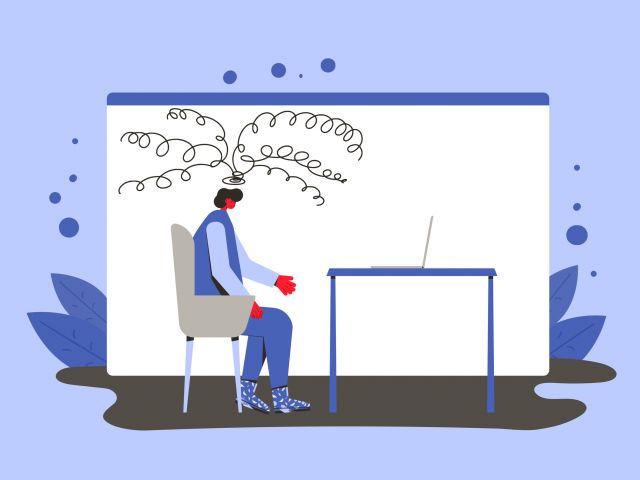





























































































































Comments